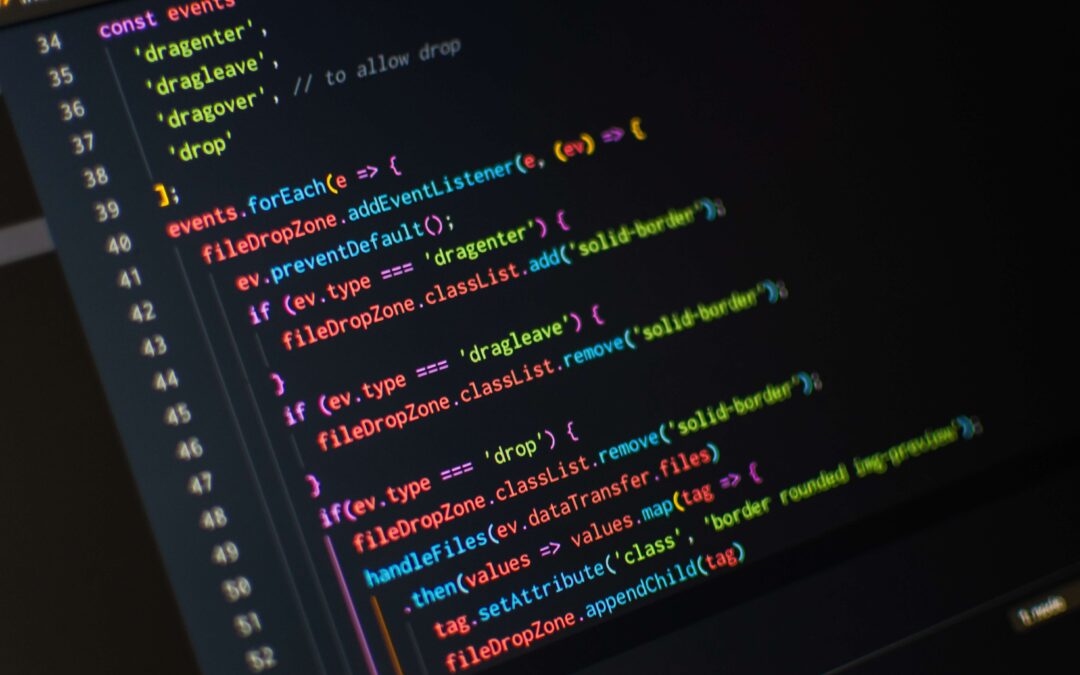Good coding practices are vital in software development, regardless of the complexity or scale of a project. By adhering to these practices, developers can create clean, efficient, and readable code that is easily maintainable and less prone to errors. This essential guide breaks down good coding practices for both beginners and experienced developers, providing the perfect blend of foundational concepts and advanced techniques.
1: Write Clear, Concise, and Descriptive Code
The quality of your code is directly proportional to its readability. Ensure that your code is easy to understand by using descriptive variable names, function names, and comments.
- Choose meaningful names for variables and functions that accurately reflect their purpose.
- Use comments to explain complex code sections or the reasoning behind your approach.
- Break long code lines into multiple lines for improved readability.
2: Follow Consistent Coding Style and Conventions
Consistency is key when it comes to writing clean code. Adopt a coding style and stick to it throughout your entire project. This may include indentation, naming conventions, and file organization.
- Utilize a style guide or linter to enforce consistency across your project.
- Keep your code DRY (Don’t Repeat Yourself) to avoid redundancy and make it easier to maintain.
- Adhere to the specific conventions of the programming language you’re using.
3: Write Modular and Reusable Code
Divide your code into small, manageable pieces called modules. This not only makes your code easier to understand but also promotes reusability.
- Use functions and classes to break down complex tasks.
- Always aim for loose coupling between modules and strong cohesion within modules.
- Design your code in a way that allows for easy extension without modifying existing functionality.
4: Prioritize Error Handling and Testing
Anticipate potential errors in your code and handle them gracefully. This ensures that your application remains robust and reliable even in unforeseen circumstances.
- Use proper error-handling techniques, such as try-catch blocks, to manage exceptions.
- Write unit tests to verify that your code works as intended.
- Perform integration and system testing to ensure that the entire application functions correctly.
5: Continuously Refactor and Optimize Your Code
Continually assess and improve your code for better performance, readability, and maintainability.
- Regularly review your code for areas that can be optimized or refactored.
- Use profiling tools to identify performance bottlenecks and address them.
- Embrace a growth mindset and be open to learning new best practices.
Conclusion
By implementing good coding practices, you not only enhance the quality of your code but also become a more effective and efficient developer. Whether you’re just starting out or have years of experience, mastering these practices will not only benefit you but also your entire development team. So keep learning, keep improving, and watch your code quality soar to new heights.
Explore more about our
Staff Augmentation services

